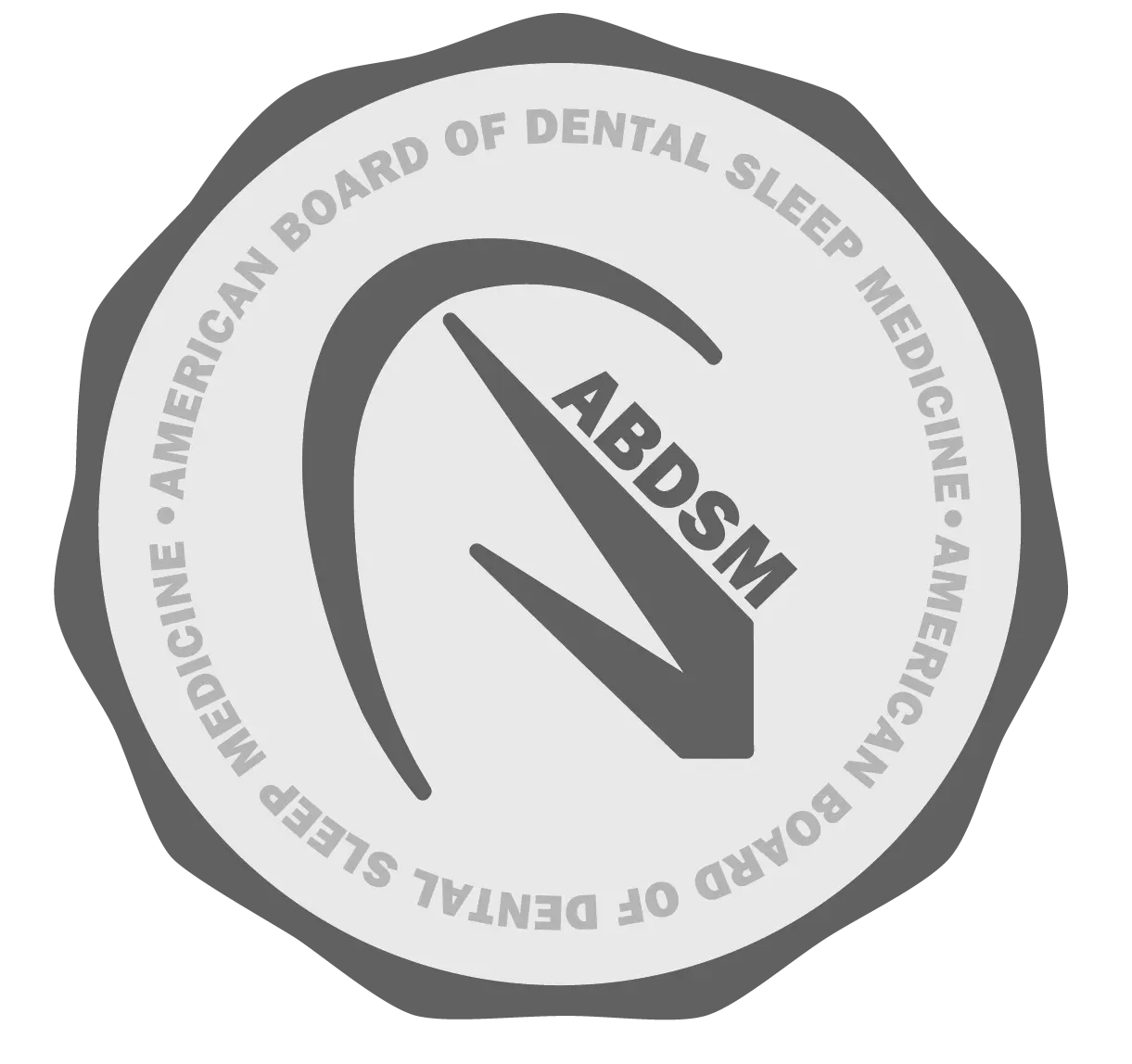Veneers are often celebrated as the ultimate shortcut to a picture-perfect smile but the truth is, they aren’t for everyone. While they can dramatically transform teeth with beautiful, natural-looking results, some patients may not be ideal candidates. Understanding where veneers shine and where they fall short is key to making a confident, lasting choice for your smile and oral health.
This guide will provide a clear, honest look at the contraindications for veneers, helping you determine if you are an ideal candidate or if an alternative treatment might be a better, healthier choice for your smile goals.
Who Is Not a Good Candidate for Veneers?
The ideal candidate for veneers has healthy teeth and gums and is seeking to improve the appearance of their smile. However, certain individuals fall into the category of who is not a candidate for veneers. This typically includes patients with:
- Unhealthy Teeth and Gums: The foundation for veneers must be sound. Active tooth decay or gum disease (periodontitis) must be treated first. Placing veneers on compromised teeth can trap bacteria and lead to serious complications.
- Insufficient Tooth Enamel: Veneers need adequate enamel to bond to securely. Teeth that are worn down, too small, or have undergone multiple restorations may not have enough surface area for a strong attachment.
- Significant Tooth Damage: Teeth with large fractures, extensive decay, or very large existing fillings may lack the structural integrity to support a veneer and often require a dental crown for protection instead.
- Severe Misalignment or Bite Issues: While veneers can correct minor imperfections, they are not a substitute for orthodontics. Patients with severely crooked teeth or a misaligned bite (malocclusion) should first explore braces or Invisalign® to correct the underlying issue.
When Veneers Are Not Recommended
Even if your teeth are generally healthy, there are specific scenarios and habits where veneers are not recommended due to the high risk of failure or damage:
- Teeth Grinding or Clenching (Bruxism): This habit places immense pressure on teeth, which can easily cause porcelain veneers to chip, crack, or debond. A night guard is essential for protection, but if grinding is severe, alternative treatments are often advised.
- Poor Oral Hygiene Habits: Veneers require meticulous care to maintain the health of the underlying tooth and the gum line. Patients unwilling to commit to excellent brushing and flossing routines are not ideal candidates.
- Those Seeking a Reversible Procedure: The veneer process involves permanently removing a thin layer of tooth enamel. This means the process is not reversible, and your teeth will always require a restoration.
- Patients with Unrealistic Expectations: Veneers create a beautiful, natural-looking smile, but they are not indestructible. Understanding their care requirements and limitations is key to satisfaction.
Dental Conditions That Prevent Veneer Placement
Certain dental conditions not suitable for veneers can outright prevent their placement. A thorough examination is needed to identify these issues:
- Active Periodontal Disease: Unhealthy gums that are inflamed, bleeding, or receding cannot provide a stable foundation for veneers and must be treated first.
- Root Canal-Treated Teeth: While not an absolute rule, teeth that have had root canals can become brittle over time. A crown is often a stronger, more protective option for these teeth.
- Extremely Weak Teeth: Teeth that have been weakened by trauma or decay may not withstand the preparation process and could fracture.
Alternative Treatments for Patients Unsuitable for Veneers
If you discover you’re not an ideal candidate for veneers, don’t be discouraged! Many highly effective alternative treatments can achieve your aesthetic goals:
- For Stained or Discolored Teeth: Professional teeth whitening can dramatically brighten your smile without altering your tooth structure.
- For Chips, Gaps, and Minor Shape Issues: Dental bonding uses a tooth-colored composite resin to repair teeth. It’s less invasive and more affordable than veneers, though not as durable or stain-resistant.
- For Crooked Teeth and Bite Problems: Orthodontic treatment with clear aligners like Invisalign or traditional braces is the correct solution to properly align teeth and correct the bite.
- For Severely Damaged Teeth: A dental crown may be the best option to restore a tooth’s function, strength, and appearance.
Conclusion
While veneers offer a transformative solution for many seeking a perfect smile, they are not universally suitable for every dental situation. Understanding who should not get veneers, such as individuals with untreated decay, gum disease, insufficient enamel, or habits like teeth grinding, is crucial for making an informed decision about your oral health. At Smoke Rise Dental, we prioritize your long-term well-being over quick cosmetic fixes, ensuring that any treatment recommended aligns with your overall dental health and lifestyle.
If you’re unsure whether veneers are right for you, the best step is to consult with our experienced team. Your smile deserves personalized care, and we’re here to guide you toward the safest, most effective solution.
Ready to explore your options? Schedule a consultation with us today! Call (770) 923-5500 or visit our office at 5500 A Lilburn Stone Mountain Rd, Stone Mountain, Georgia 30087 to start your journey to a healthier, more confident smile.
FAQs
Can I get veneers if I have a small cavity?
Any cavities must be treated and filled before veneers can be placed. Veneers cannot be attached to decayed tooth structure.
Are there any age restrictions for getting veneers?
Veneers are typically not placed on younger patients whose teeth and jaws are still developing. A patient must be fully grown, usually in their late teens or older.
What makes someone a perfect candidate for veneers?
An ideal candidate has healthy teeth and gums, sufficient enamel, minor cosmetic concerns (discoloration, small gaps, mild chips), and a commitment to maintaining excellent oral hygiene.
If I can’t get veneers, what is the next best option?
The "next best" option depends entirely on your goal. For whitening, professional bleaching. For minor repairs, dental bonding. For straightening, orthodontics. Dr. Moeti can recommend the best alternative for your specific case.
Does insurance cover veneers?
Because they are primarily cosmetic, insurance rarely covers the cost of veneers. However, if part of the procedure is deemed medically necessary (e.g., to restore a damaged tooth), there may be partial coverage. We help you verify your benefits.











